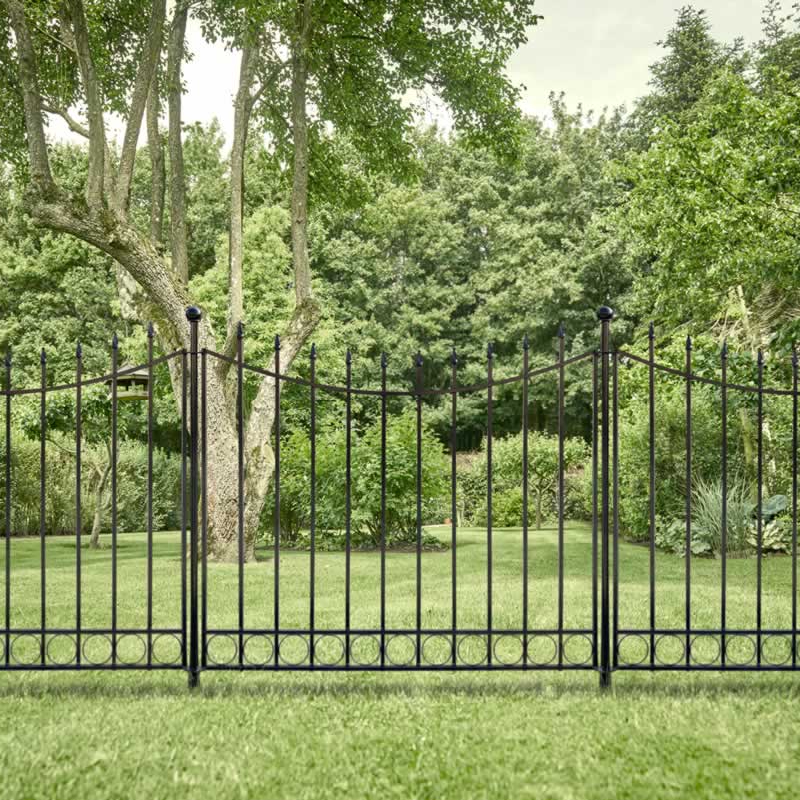Durable Mesh Solutions for Plastic Plants and Garden Applications
Dec . 03, 2024 17:21
The Versatility of Plastic Plant Mesh Enhancing Gardening and Horticulture
In the world of gardening and horticulture, the materials we use can significantly influence the health and vitality of our plants. One such innovative material that has gained popularity in recent years is plastic plant mesh. This versatile item serves multiple purposes, enhancing plant growth while providing essential support and protection. In this article, we will explore the benefits, applications, and environmental considerations of plastic plant mesh.
What is Plastic Plant Mesh?
Plastic plant mesh, often made from polyethylene or polypropylene, is a lightweight, durable netting that comes in various sizes and shapes. It's designed to support plants, facilitate growth, and protect them from pests. The mesh features a grid-like structure that allows light and air to penetrate while providing critical structural support to climbing plants and delicate seedlings.
The Benefits of Using Plastic Plant Mesh
1. Support for Climbing Plants One of the primary uses of plastic plant mesh is as a trellis for vines and climbing plants, such as tomatoes, cucumbers, and peas. The mesh can be easily installed vertically or horizontally, enabling plants to grow upwards, maximizing space and promoting better air circulation.
2. Protection from Pests The fine mesh can serve as a barrier against common garden pests, such as birds and insects. Covering vulnerable plants with plastic mesh helps to minimize damage, providing peace of mind for gardeners who strive to maintain a healthy growing environment.
3. Soil Erosion Prevention In sloped gardens or areas prone to erosion, plastic plant mesh can be utilized to stabilize the soil. By securing the mesh on sloped surfaces, it helps retain soil and prevents the loss of nutrients, ultimately benefiting plant growth.
plastic plant mesh

4. Seedling and Seed Protection When starting seeds or nurturing young seedlings, plastic plant mesh can provide a protective cover that shields them from harsh weather elements and hungry critters. This enhances germination rates and fosters a more controlled growth environment.
5. Versatility and Reusability Unlike traditional wooden trellises or metal supports, plastic plant mesh is lightweight, flexible, and easy to install. It can be reused season after season, making it a sustainable choice for eco-conscious gardeners.
Applications in Gardening and Horticulture
Plastic plant mesh is employed in various gardening scenarios
- Home Gardens Gardeners often use it to create trellises for melons, peas, and other climbing vegetables, promoting vertical growth and increased yield. - Orchards and Vineyards In larger agricultural settings, plastic mesh helps support fruit-bearing vines and trees, ensuring better fruit quality and reducing the risk of diseases associated with ground contact. - Greenhouses Inside greenhouses, plastic plant mesh can be used to separate sections, assist with plant training, and enhance growth environments by facilitating airflow.
Environmental Considerations
While plastic plant mesh offers numerous advantages, it is important to consider its environmental impact. Gardeners should opt for recycled or biodegradable options when possible, as this minimizes plastic waste. Additionally, at the end of its life cycle, proper disposal or recycling is crucial to reducing harm to the environment.
In conclusion, plastic plant mesh is an invaluable resource for both amateur and professional gardeners. Its ability to support, protect, and enhance plant growth makes it a must-have in any horticultural toolkit. By understanding its benefits and potential applications, gardeners can make informed decisions that contribute to thriving plants and a sustainable environment. Whether you are dealing with a small balcony garden or managing a vast agricultural landscape, the use of plastic plant mesh can pave the way for successful gardening practices.




















